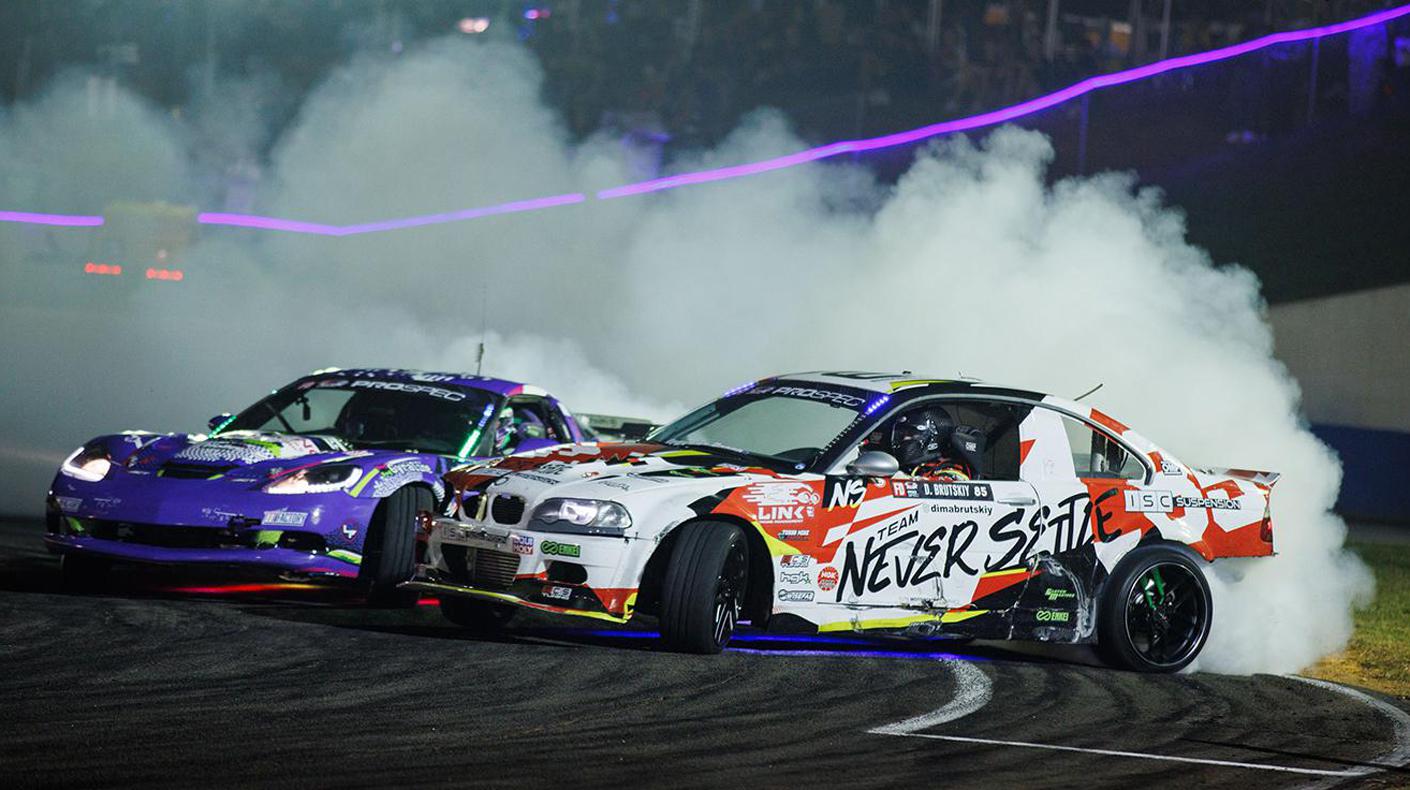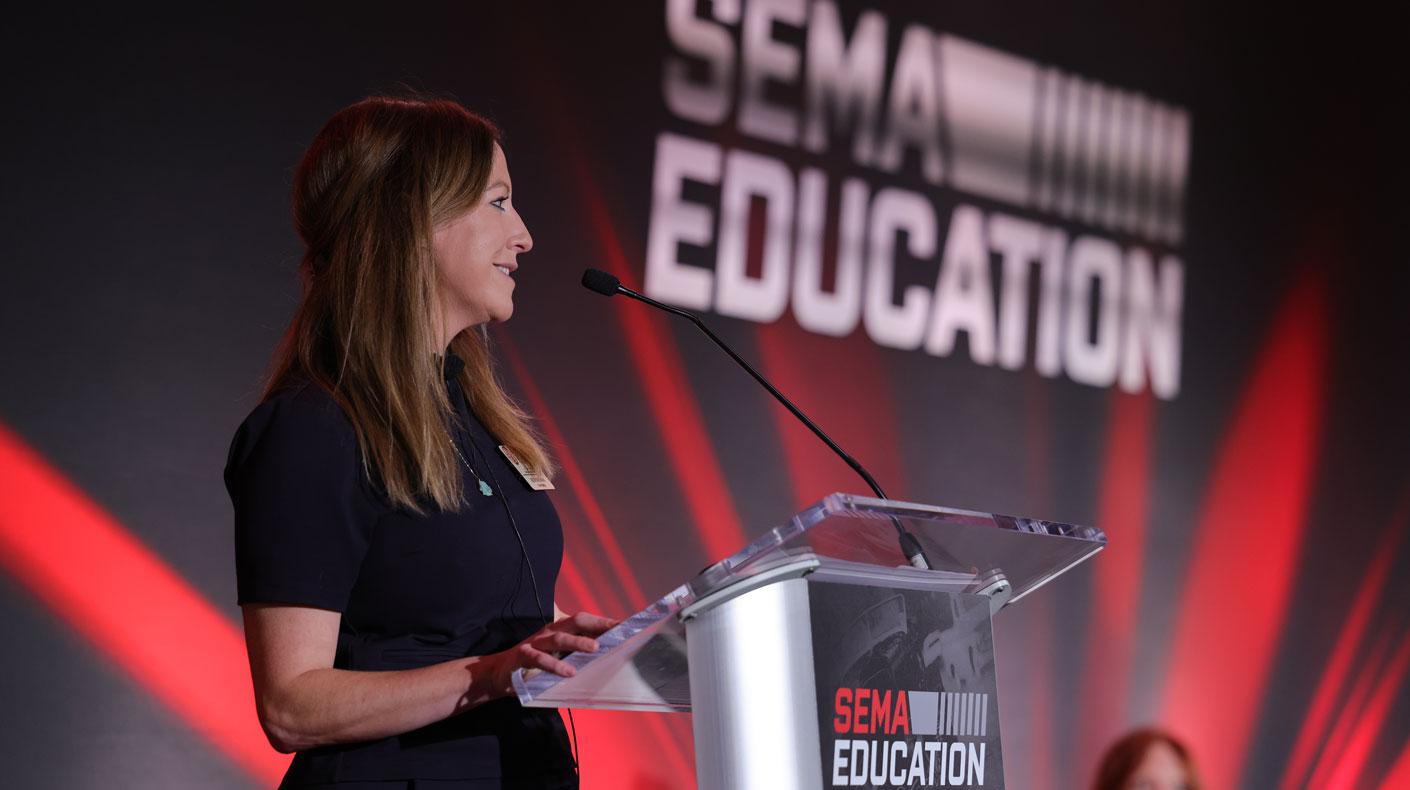President Barack Obama announced plans to set new fuel-economy standards for model year 2012–2016 cars and trucks, and simultaneously reduce carbon dioxide (CO2) emissions through a national standard rather than a patchwork of state rules. The two issues are related since CO2 is released in direct proportion to the amount of carbon-based fuel that is burned. At this time, there is no other practical way to capture CO2 emissions beyond increasing vehicle fuel efficiency.
Several years ago, SEMA joined with the automakers, dealerships and other aftermarket organizations in calling for a national approach to regulating CO2 emissions. Under the new federal plan, the National Highway Traffic Safety Administration (NHTSA) will set Corporate Average Fuel Economy (CAFE) standards for model year 2012–2016 vehicles that nearly match CO2 emissions standards adopted by California and 13 other states. The U.S. Environmental Protection Agency (EPA) will also establish corresponding CO2 emissions standards using its authority under the Clean Air Act.
The average CAFE rating will be 35.5 mpg in 2016, four years sooner than originally scheduled, based on a combined 39-mpg rating for passenger cars and 30 mpg for light trucks. The EPA plans to set a CO2 emissions standard of 250 grams per mile for vehicles sold in 2016—roughly the equivalent of 35.5 mpg. The automakers participated in formulating the proposal and support the initiative.
The NHTSA will use an attribute-based system which sets CAFE standards for individual fleets of vehicles based on size, taking into account the differences between cars and light trucks (SUVs, pickups and vans). Individual car companies will have flexibility on how to achieve the rules, whether placing more emphasis on hybrids or reducing vehicle size and weight. Nevertheless, a standard based on each vehicle’s footprint should force automakers to increase the efficiency of every vehicle rather than downsizing some vehicles in order to offset the sale of bigger cars. The CAFE standards will also encourage car companies to sell more hybrids, electric cars and advanced gasoline engines.
The federal program should resolve an ongoing dispute between California and the federal government over jurisdiction. In 2007, the Bush administration blocked California from being allowed to implement its CO2 program. California has agreed to revise its regulations and defer to the national standard. Nevertheless, the state will retain the right to establish tougher CO2 standards in 2017 and beyond if deemed necessary, subject to waiver approval by the EPA.
SEMA is currently reviewing the program for any potential impact on the specialty-equipment market. The program is not expected to be finalized until late 2010. For additional information, contact Stuart Gosswein at stuartg@sema.org.

News
President Obama Embraces National Approach to Regulating Fuel-Economy and CO2 Emissions





